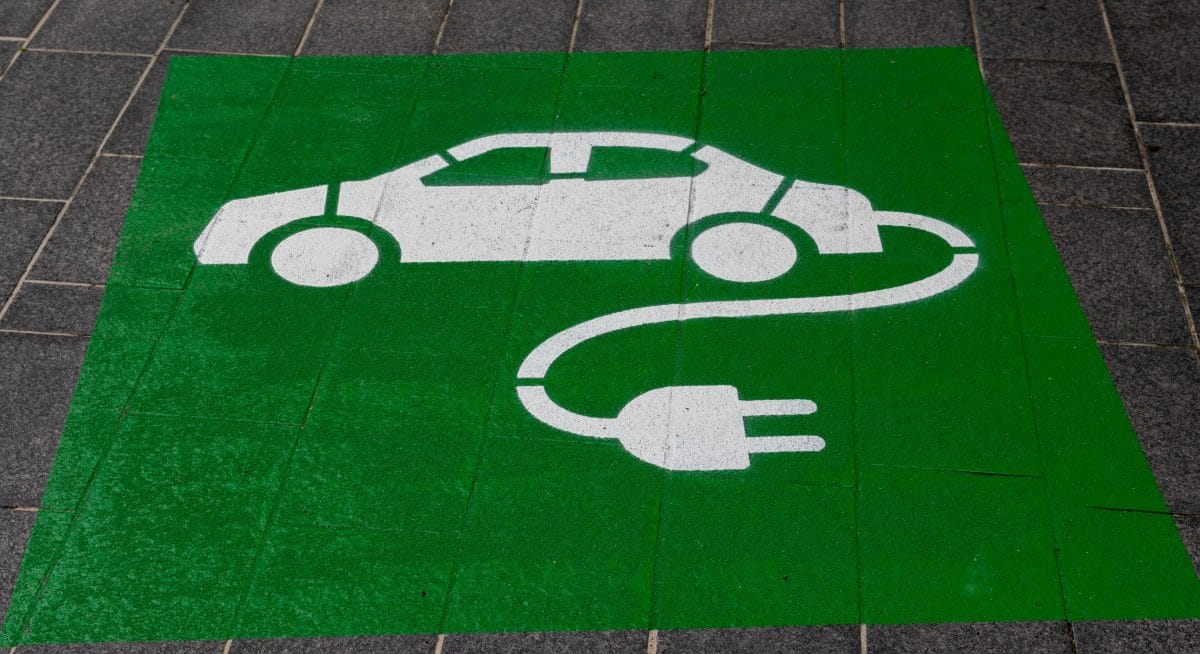
The government plans to invest £12bn into green projects.
In the aim of combatting climate change, the UK is set to become the first major economy to ban the sale of new diesel and petrol cars. Last month saw the ban of plastic straws, stirrers and cotton buds, but now the British government announced this week that it would end the sale of polluting vehicles by 2030, five years earlier than previously planned. However, sales of hybrid cars would be allowed to continue until 2035.
The news of this ban comes as Boris Johnson announced a 10 point plan for a “green industrial revolution”, which also includes developing world-leading technology to capture and store harmful emissions away from the atmosphere, with a target to remove 10 million tonnes of carbon dioxide by 2030. The government intends to invest £12 billion into green projects, with hopes that the cash injection “will help to bring in three times as much in terms of private sector money.”
Business Secretary Alok Sharma, who is president of the COP26 international climate summit that the UK will host next year, told the BBC that these green investments are expected to support the creation of 250,000 jobs in economically deprived areas of the country.
What is Boris Johnson’s 10 point plan?
- Quadruple offshore wind energy production to 40 gigawatts by 2030. This increased capacity would be enough to power every home in the country.
- Increase hydrogen production to five gigawatts by 2030.
- Increase nuclear energy production.
- Ban the sale of new diesel and gasoline cars by 2030. Grants will also be provided to help people make the switch to electric vehicles.
- Increase the usage of public transport, cycling, and walking
- Invest in zero-emission plane and ship research.
- Make homes and public buildings more energy efficient by installing 600,000 heat pumps every year by 2028.
- Increase carbon capture to 10 million tonnes of carbon dioxide by 2030.
- Plant 30,000 hectares of trees a year.
- Invest in the development of new green technology.


